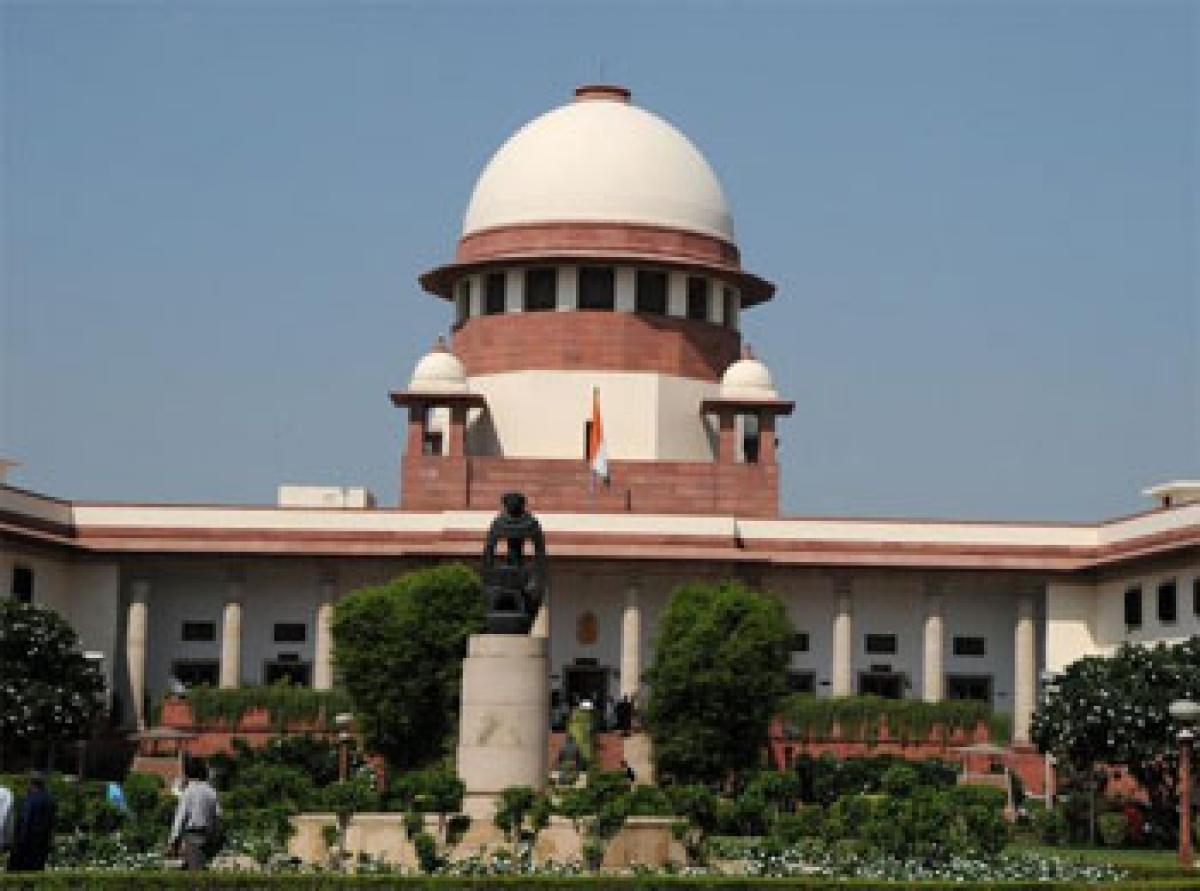Enact a better law

The Supreme Court calls the National Judicial Appointments Commission Act (NJAC) unconstitutional. But, the government describes the apex court’s verdict as a violation of Parliamentary sovereignty.
.jpg) The Supreme Court calls the National Judicial Appointments Commission Act (NJAC) unconstitutional. But, the government describes the apex court’s verdict as a violation of Parliamentary sovereignty.
The Supreme Court calls the National Judicial Appointments Commission Act (NJAC) unconstitutional. But, the government describes the apex court’s verdict as a violation of Parliamentary sovereignty.
The verdict has a potential to trigger a fresh round of face-off between executive and judiciary. To avert such an unfortunate situation, the Parliament should enact a new law to put in place a more representative and independent body for the appointment of judges.
The Supreme Court by this verdict restored the Collegium System for appointment of judges for the higher judiciary. Through the 99th constitutional amendment, the NJAC replaced it. The Supreme court now declares the amendment and the law void.
But, the now restored Collegium System is also not transparent and independent. As Justice Kurian Joseph said in a separate judgment that the "trust deficit" had affected the credibility of the Collegium System.
Neither the executive nor the judiciary should dominate the process of appointing judges. This is essential to ensure balance between the three pillars of Indian democracy.
The Supreme Court also called for improved and transparent Collegium System. The government, therefore, should take this as an opportunity to enact a broad-based process for judicial appointments and transfers.
The Collegium System is infirm as judges cannot be allowed to appoint judges themselves. Such a system can encourage vested interests within the judicial system and lacks public scrutiny.
Therefore, the restoration of Collegium System cannot be the best alternative. However, in the name of reforming judiciary, the executive cannot be assigned a dominant role in judicial appointments and transfers.
The executive had a role till the Supreme Court judgments of 1993 and 1998 brought in the Collegium System. The 2014 NJAC Act replaced the Collegium with NJAC. Now, the apex court struck down NJAC and restored the Collegium System.
The government should, therefore, enact a fresh law to install a more representative NJAC, with representation for the executive, the legislature and the judiciary. To make it more broad-based, the new NJAC should also have representation from Bar Association and civil society.
Anyway, the executive should not have a dominant role. Otherwise, it would again attract judicial review. The struck down NJAC has the presence of Union Law Minister as one among the six members.
The Supreme Court has rightly held that the presence of minister in NJAC would be detrimental as he can influence the decision of other members and it would be "inappropriate" for him to be a part of the decision-making process in appointment of judges.
Similarly , the appointment of two “eminent” persons in the six-member body is also questionable.Executive representation is different from its domination in the process of judicial appointments.
Therefore , the government should not do anything to restore the struck down NJAC in its earlier form. The healthy course of action would be introducing a process better than either the restored Collegium System or the struck down NJAC.














